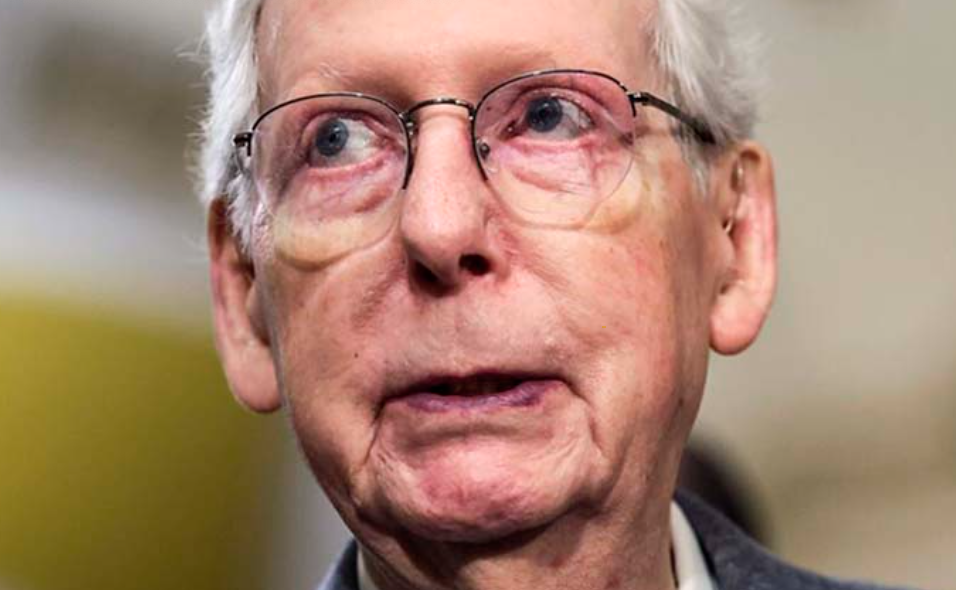McConnell Will Step Down as Senate Republican Leader in November

Mitch McConnell, the Senate's longest-serving leader, who navigated the Republican Party through significant transformations over nearly two decades, will relinquish his leadership position in November.
At 82 years old, McConnell, who began his Senate career in 1985, announced his decision in the Senate chamber, acknowledging the importance of recognizing when to transition to the next phase of life. He stated, "One of life’s most underappreciated talents is to know when it’s time to move on to life’s next chapter," according to prepared remarks obtained by The Associated Press. McConnell clarified that this term would mark his final tenure as Republican leader of the Senate.
His departure symbolizes a profound ideological shift within the Republican Party, moving from Ronald Reagan's traditional conservatism and strong global alliances to the more populist and isolationist rhetoric championed by former President Donald Trump.
McConnell intends to fulfill his Senate term until January 2027 but hinted at occupying a different seat within the chamber. While health concerns arose after a fall last year and public episodes where his speech briefly faltered, aides clarified that McConnell's decision regarding his leadership role was unrelated to his health.
Reflecting on his Senate career, McConnell emphasized moments of clarity and peace regarding the sunset of his work, citing the recent passing of his wife's sister as a catalyst for introspection.
Despite facing pressure from the increasingly Trump-aligned faction of his party, McConnell's strategic prowess and understanding of his colleagues' needs allowed him to maintain his position. While critical voices within the GOP grew louder, their numbers did not significantly increase.
Although McConnell did not provide a specific reason for his decision's timing, he alluded to personal reflection prompted by recent events. Despite challenges, McConnell expressed unwavering commitment to America's global leadership and Ronald Reagan's vision of the country's role in the world.
While McConnell and Trump collaborated on certain legislative agendas during Trump's presidency, including Supreme Court appointments and tax legislation, their relationship soured over disputes about the 2020 election results. The rift deepened after the January 6, 2021, Capitol attack, with McConnell holding Trump accountable and supporting his legal repercussions.
As Trump continues to exert influence within the party, McConnell's refusal to endorse him has drawn criticism from other Republican senators. McConnell's ascent to power in the Senate was marked by his determination to lead the party in the chamber, rather than pursue presidential aspirations like many of his predecessors.
Through careful cultivation of party members and strategic political initiatives, McConnell solidified his position, culminating in nine consecutive electoral victories. Despite health concerns, McConnell maintains his dedication to the Senate but acknowledges the inevitability of passing the torch to the next generation of leaders.